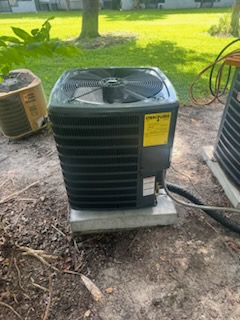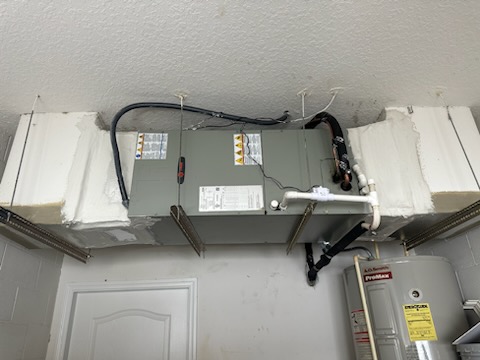How Regular AC Maintenance Reduces Repair Costs
How Regular AC Maintenance Reduces Repair Costs
Blog Article
Top Signs Your AC Needs Repair
Heat, Ventilation, and Air Training (HVAC) techniques are important for maintaining comfort in properties and businesses. Nevertheless, like all technical methods, they can fail around time. Identifying early signals of trouble can save you from expensive repairs and guarantee the body operates efficiently. Here's how to recognize as soon as your HVAC replacement process wants fix:

Signs Your HVAC Process Wants Restoration
There are numerous signals that your HVAC program might need repair. Some are far more apparent than others, but it's important to focus on any changes in your system's performance. Ignoring possible dilemmas can lead to help expand injury and expensive repairs down the line.
Unusual Disturbances
One of the very obvious signs that your HVAC system wants fix is uncommon noises coming from the unit. If you hear slamming, clanging, or running sounds, it might show that there's a loose or broken portion within the system. It's crucial never to dismiss these disturbances and have them checked out by way of a professional as soon as possible.
1. Sudden Increase in Energy Bills
One of the most visible signals your HVAC process might need restoration is a sudden spike in energy bills. If your power consumption hasn't changed considerably, your expenses have increased, it may show that the system is functioning tougher than it should. That frequently occurs because of use and split or components that require maintenance. Addressing the matter quickly may reduce further performance deficits and larger costs.
2. Uncommon Noises
HVAC programs run with a particular level of history noise, but strange seems like rattling, slamming, squealing, or grinding shouldn't move unnoticed. These sounds can show loose areas, fan problems, or generator problems. Ignoring them can cause significant damage, turning an inexpensive repair in to an expensive restoration job.
3. Poor Circulation or Irregular Temperatures
If circulation from your HVAC is noticeably weaker or some rooms feel too cool or hot while others are relaxed, it might show that your system's fan or ductwork is compromised. Such dilemmas may base from a blocked filtration, duct leak, or declining compressor. Quick attention may assure your house retains consistent ease levels.
4. Odd Odors
An embarrassing smell coming from your vents is never a great sign. A musty smell might suggest mold growth within the machine, while burning or smoky scents could indicate electric or mechanical issues. These scents shouldn't be dismissed as they may create health risks or result in program failure.
5. Repeated Cycling or Difficulty Beginning
Does your HVAC program turn on and down more often than usual? Or does it struggle to begin at all? These problems could indicate a problem with the thermostat, wiring, and other inner components. Constant cycling wastes power and raises wear on the machine, leading to more substantial breakdowns if remaining unaddressed.
6. Excess Moisture or Humidity Build-up

Your HVAC program is in charge of sustaining proper indoor humidity levels. When you notice exorbitant moisture near the unit or sense unusually large moisture indoors, it may suggest the device is malfunctioning. Refrigerant escapes or clogged drainage are normal culprits, and they require quick professional evaluation.
Ultimate Thoughts
Your HVAC process is a critical investment in home comfort and energy efficiency. Knowing early caution signs and working rapidly can help reduce expensive breakdowns and increase the lifetime of your system. Look out for these issues and consult a professional HVAC technician if you see any one of them. Positive attention nowadays will save you time, income, and pressure tomorrow. Report this page